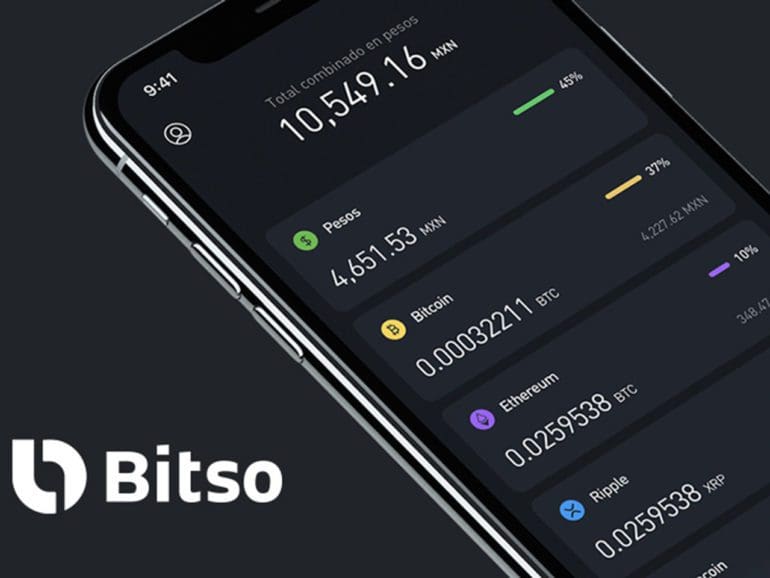Despite the crypto-winter, Mexican cryptocurrency unicorn Bitso is expanding its reach in Latin America.
Last month, the company incorporated a new feature to its product suite: it launched crypto-enabled QR code payments in Argentina, a method that seeks to bring together digital assets and real-world transactions.
According to Bitso, this is the first experience of its kind in Latin America. The decision seeks to take advantage of the country’s widespread quick response code network and an enduring appeal from its citizens for cryptocurrency assets.
Following global financial trends, almost all cryptocurrencies saw a massive cut in price in the past few months. However, in a country with unstable local currency and hyperinflation, some Argentines continue to show a preference for crypto.
With this new feature, Argentines can pay in that fashion in any physical or virtual store that accepts QR as a means of payment. Bitso’s initiative will be linked to Argentina’s interoperable QR codes, which were introduced roughly four years ago and are now completely ubiquitous in most shops, e-commerce, and restaurants in major cities and towns.
First for the country
“It is the first time that the payments crypto-enabled QRs are available in country and region. We are the first cryptocurrency platform in Latin America to launch this service,” Julián Colombo, Head of Public Policy de Bitso, told Fintech Nexus.

Through the app, the user can settle a transaction with any of the two main currencies in the market, bitcoin and Ether, but also with so-called stablecoins with value pegged to the U.S. dollar.
The user can scan the QR code in about any shop and choose its preferred means of payment. To complete the transaction, the exchange automatically converts Argentine pesos at the current rate and transfers the funds to the merchant.
The decision from Bitso is part of a growing expansion of its suite and an effort to grow more links between cryptocurrencies and the physical world economy. In August, the company announced it had inked an agreement with Mastercard to offer credit card services in Mexico and launched in Colombia earlier in the year.
“Our mission is to make cryptocurrencies useful in people’s lives; adding payment solutions through QR codes is aligned with that goal,” said Colombo. “Also, when we think about the financial challenges that Argentines face every day, we always focus on trying to offer solutions to those problems. QR payments are a perfect example of that.”
Significant crypto adoption
Facing recurring currency deprecations and acute inflation, Argentina is one of the countries that have most widely embraced crypto. According to a report from Chainalysis, the country ranks 13th worldwide in terms of adoption, down from 10th last year.
Despite the so-called crypto-winter, the use of digital tokens prevails in the country. Many use the technology to transfer funds or as an investment that allows Argentines to escape from the volatile peso.
Related:
The rise of QR codes in Argentina and many places in Latin America has been meteoric. They are now one of the leading payment technologies for lower-end digital transactions and a robust financial inclusion tool.
“We decided to launch this service in Argentina because it is the country with the largest adoption of QR payments throughout Latin America,” Bitso’s Colombo said.
According to a recent study by Mastercard, 59% of Argentines used QR payments in the last year, compared to 34% on average in the region, and 83% expect to pay with QR in the next year, compared to the 63% average for Latin America.
No word on other countries
Colombo did not confirm whether Bitso would replicate the product in other countries. “We will not necessarily replicate services between geographies,” he said.
In Brazil, Bitso’s expansion seems to be paying off. The company announced in July it had amassed one million users in the country in a little over a year. Founded in 2014 and headquartered in Mexico, the company became a unicorn firm last year. It did so when it raised $250 million in a series-C round in May 2021, bringing its valuation to $2.2 billion.


